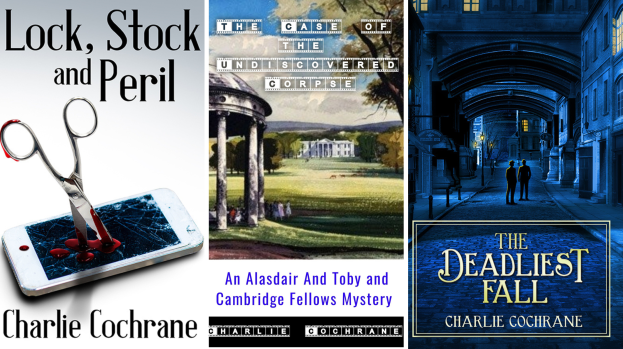I really enjoyed Megan’s Call to Arms story, The Man Who Loved Pigs. When MI5 wireless operator Mike Bernsey meets a stranger in the London Blitz, it feels like something special. Eddy’s unforgettable. But for Mike, there’s no love without betrayal.
So, what inspired this story?
Tough question. I made a big mistake with this one and decided to write a story for Manifold’s anthology without consulting my Muse first, which pissed her off big time. I said, “Hey Muse, I need inspiration for a World War II story, please!” and she was like, “No way. What makes you think you get to pick what you write?”
So I grovelled to her for a couple of months, reading ‘home front’ books written in the 1940s to give her a few prompts, and finally she latched onto the fact that household food waste was used in England in WWII to feed the pigs. I assumed that in the countryside, the pigman from the nearest farm would go round with a bicycle and trailer collecting from a bucket of scraps outside each garden gate, and The Man Who Loved Pigs was born.
Eddy, the pig-loving farm worker with a special background, then stayed the same through to the final version, although all the other circumstances changed again and again. When I say my Muse was pissed off, I mean it. Everything she gave me was historically inaccurate. I had to scrap the first version because in that one, Eddy and Mike met in the retreat from Dunkirk, and half way through the story I discovered Eddy couldn’t have been there. Then I found that farmers didn’t collect the food waste at all—the local council did it, because it had to be processed before it was fit for the pigs. So a second beginning, where they met while Eddy was collecting the scraps, fell apart too. I then started another version with Eddy’s situation the same as it is in the story you’ll read, but with Mike in a different role. And I did some more research and found that couldn’t have happened, either.
So by the time my Muse caved and gave me a plot that actually worked, with the two of them meeting in a gay pub in Soho in the Blitz, it was scarily close to the submission deadline and I’d lost track of where any of the ideas came from. I suppose the short answer to your question—what inspired my story—is “desperation.”

Do you have a family connection to WWII?
My parents were small children during the war, and they mostly remember the rationing, which of course went on into the 1950s. My mother, who was otherwise Cardiff born and bred, remembers spending several years in Northern Ireland (and temporarily developing the accent) because her shipping broker father had joined the Navy and was stationed at the Port of Belfast.
My other grandfather ran an iron foundry that made agricultural tools and machinery. He stayed there trying to keep up with orders as more and more British land was made over for food production. It was a difficult task without the workers who’d left to join the armed forces—they were in a protected occupation, of course, but some of them chose to enlist and others were young enough to be conscripted anyway. I’ve seen a silent film of the foundry in operation in 1950, and it was hot and heavy work!
Is there a local connection in the area where you live to WWII?
I live in Oxford, one of the few English cities that escaped the bombs. No one really knows why. There was some heavy industry in the city centre (including the Morris motor works, which I think were involved in aeroplane production) so it could have been a target. Some people say Hitler intended to make Oxford the capital of occupied Britain, so he didn’t want it destroyed. I don’t think there’s much evidence for that, but perhaps he did want to keep the old buildings standing for him to enjoy after the invasion that came so close to happening in 1940/41 (the period of my story). During the war, some government departments moved out of London into the Oxford colleges, since the men’s colleges had few to no students. Other colleges were used as temporary shelter for Londoners who’d lost their homes. The city must have seemed greatly changed. But the most noticeable signs of the war now are the memorials in every college to the students, old members, staff, and fellows who lost their lives on active service.

Megan Reddaway has been entertained by fictional characters acting out their stories in her head for as long as she can remember. She’s worked as a secretary, driver, waitress, and flower-seller, among other things, but she always has a story bubbling away at the same time.

One thought on “Guest author – Megan Reddaway”